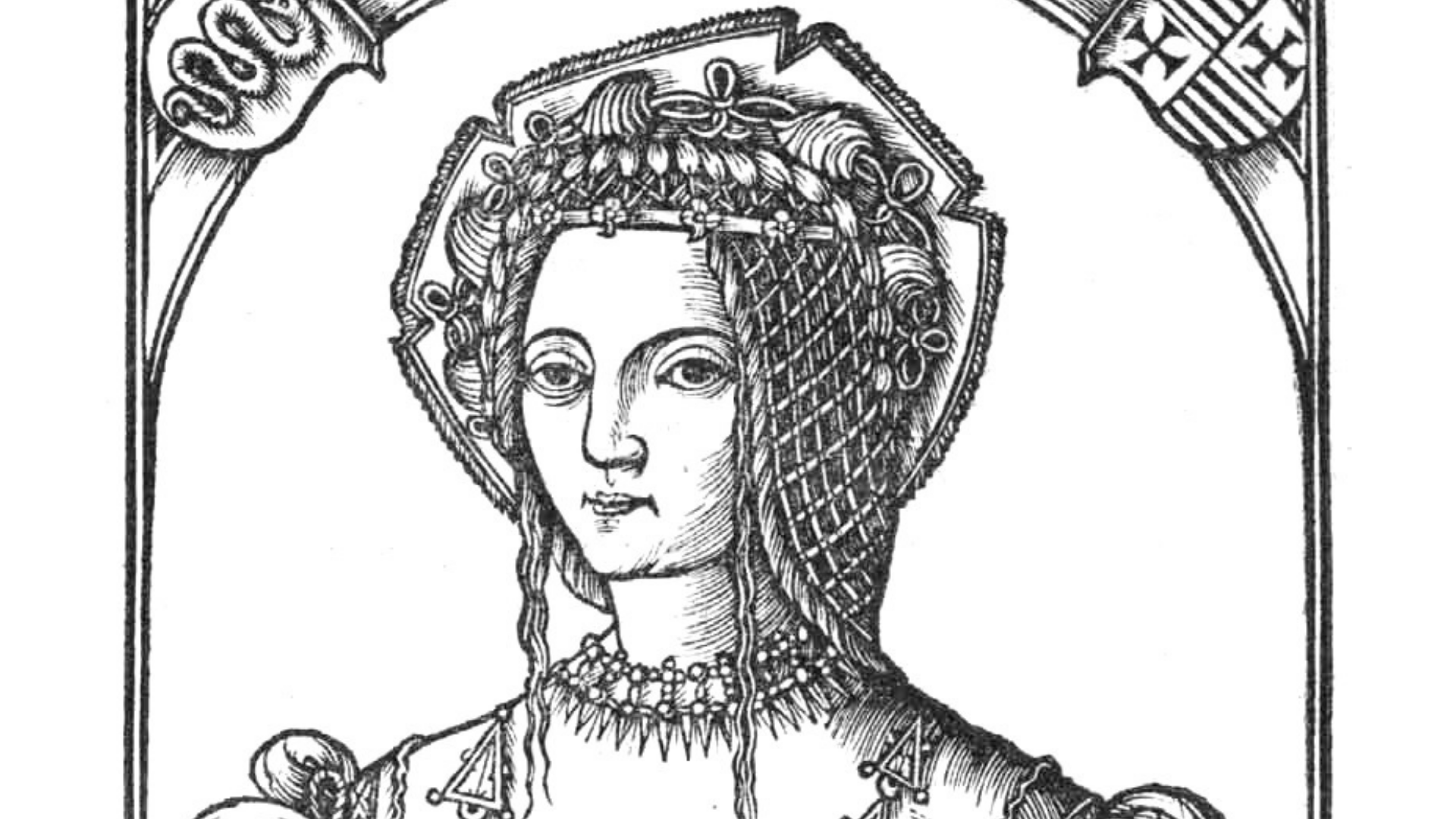
Darius von Güttner on Bona Sforza, Queen of Poland
Bona (1494–1557) was the Sforza heir to the throne of Milan and became the Queen of Poland. She was a key figure in the politics and economic life of early modern Europe, an economic innovator and reformer, art and architectural patron. Significant extant source base about Bona’s activities allows for investigation into, and interpretation of, her actions as an agent of change. This paper explores the life of one of the most important women in Italian and Central European politics during the sixteenth century – who left a legacy of innovation and economic reform in her adopted country, Poland. It examines Bona’s contribution to economic innovation to draw conclusions which contribute to broadening of our understanding of the relationship between gender, economic innovation, authority and power.
In this latest seminar from the Early Modern Circle Seminar Series, Darius von Güttner-Sporzynski explores Bona Sforza and her legacy.
Dr Darius von Güttner-Sporzynski is a Principal Honorary Research Fellow in History at the University of Melbourne and a Fellow of the UK Royal Historical Society. He holds a visiting professorship in History at the Adam Mickiewicz University in Poznan. His research and teaching concentrate on cultural aspects of religious warfare and transmission of ideas and identity. His research and teaching also examine history from a global perspective. He is interested in aspects of world history which have drawn people together and the diversity of the human experience. Darius is the author of Poland,Holy War, and the Piast Monarchy 1100–1230 (Brepols, 2014) and the editor of Writing History in Medieval Poland (Brepols, 2017).
Feature image: Young Bona Sforza, 1517. Via Wikimedia Commons